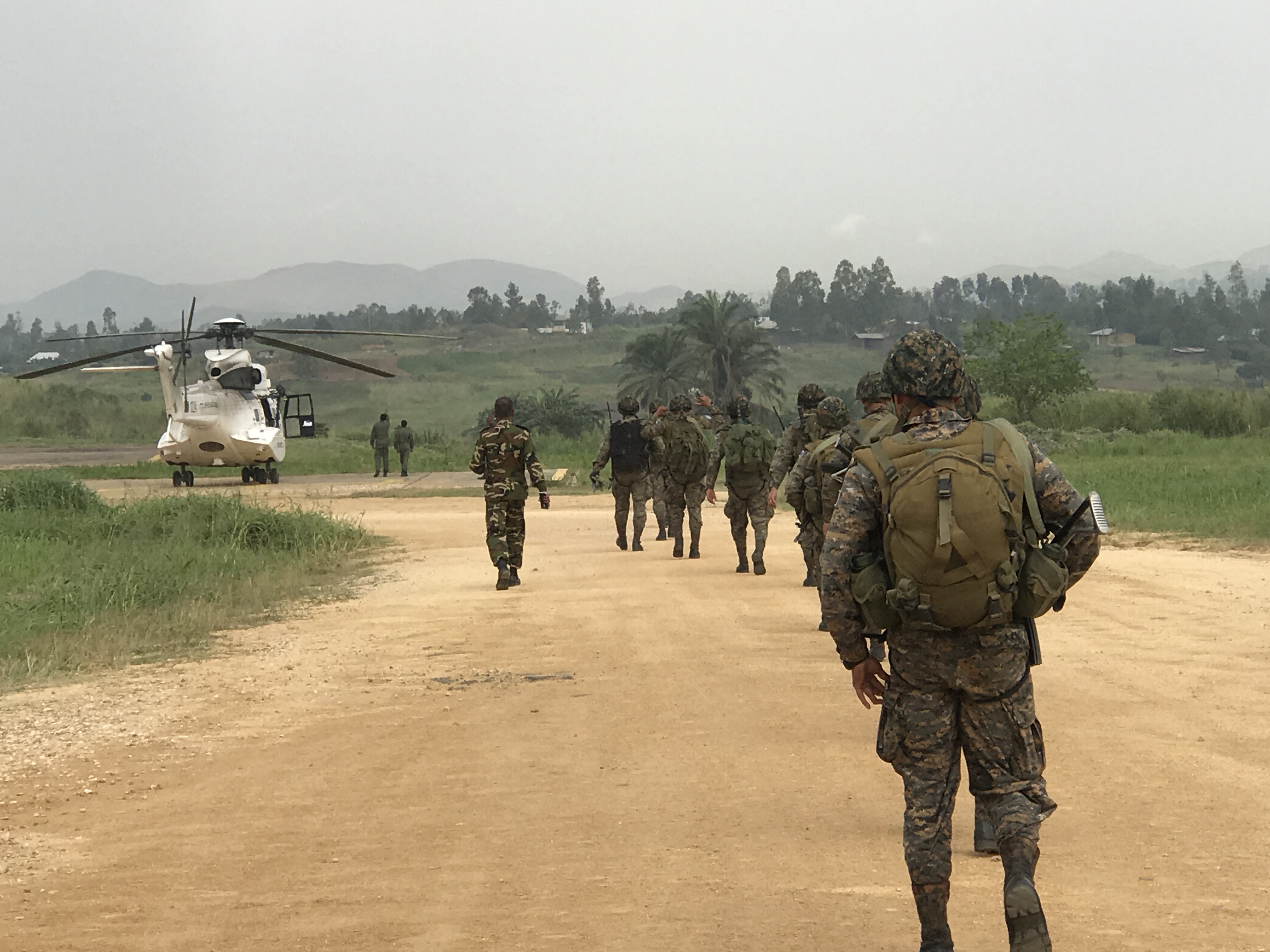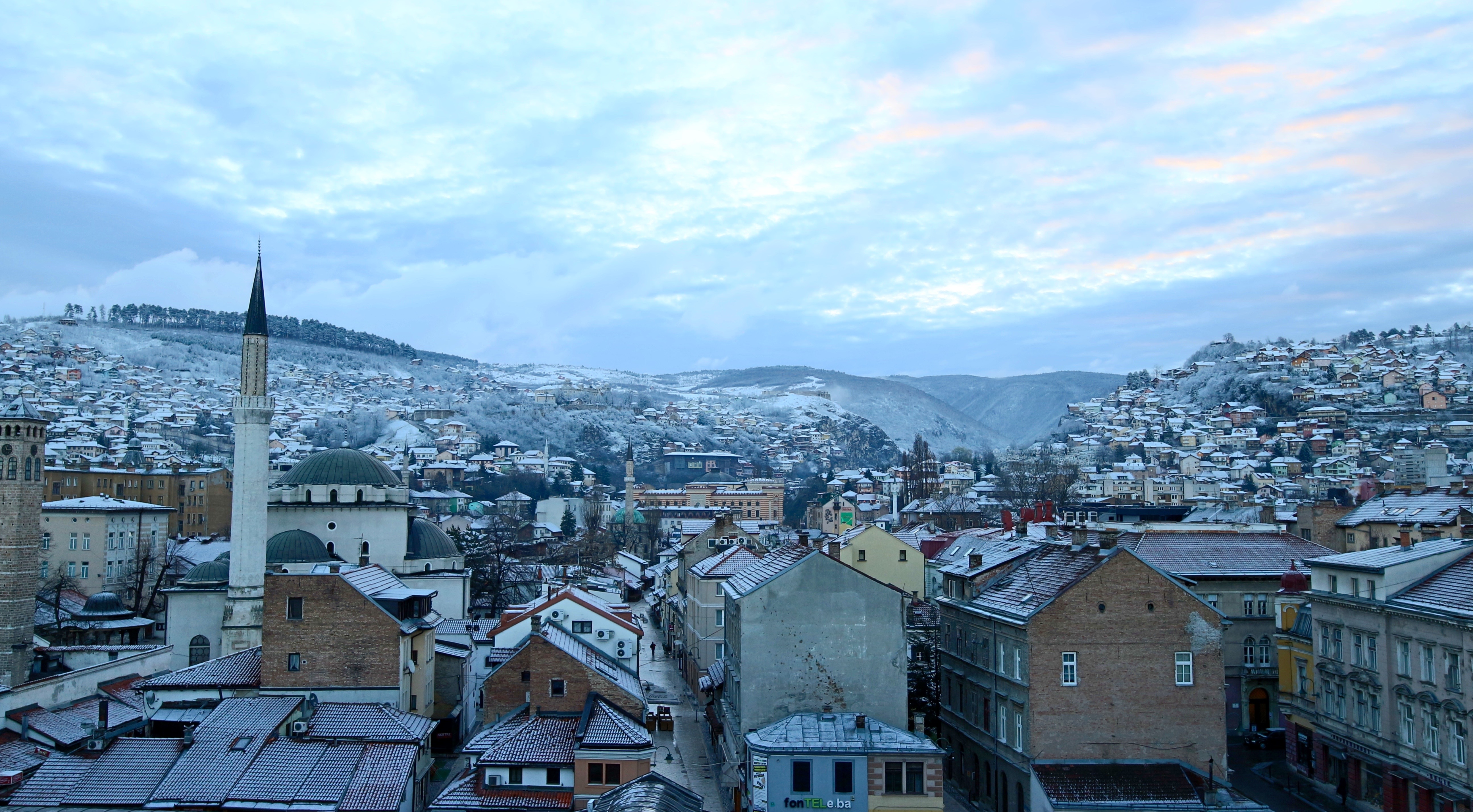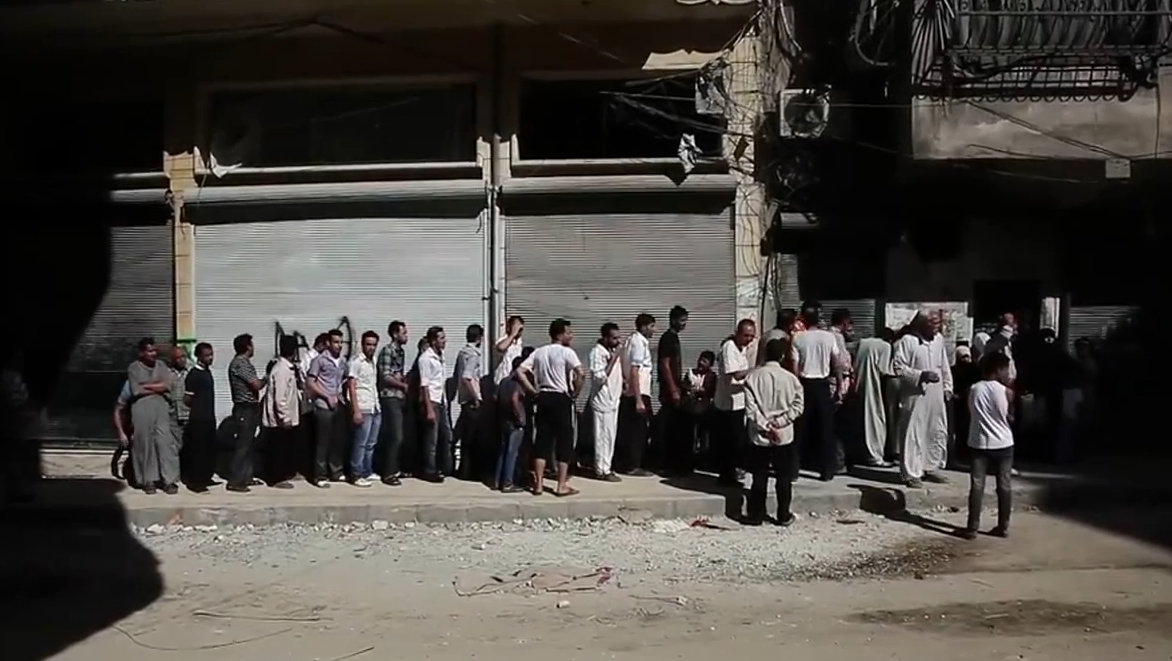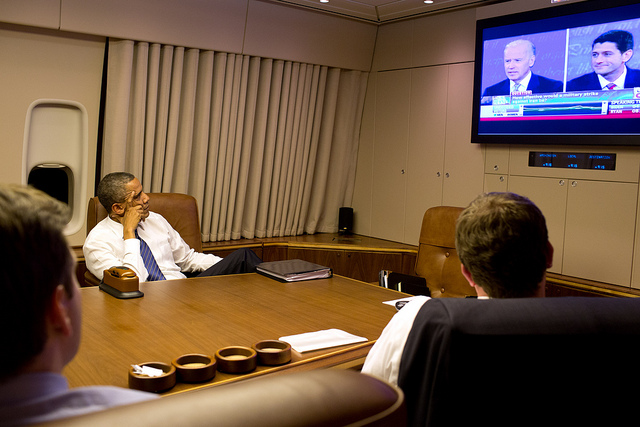Guest post by Chiara Ruffa.
UN peacekeeping often works: overwhelming evidence tells us it saves lives, and—usually—keeps peace (see here, here, here, and here). Despite the successes of peacekeeping, scholars and policymakers alike continue to explore how to make peacekeeping even more effective. Several recent proposals have focused on improving procedures of the UN Security Council and mission mandates, as well as on increasing resources (as in the Cruz report’s call for “overwhelming force”). Such suggestions, however, neglect two critical facts about peacekeeping:
- We still have no peacekeepers per se. Rather we have soldiers deployed as peacekeepers. In other words, nation-state militaries are the backbone of all peacekeeping missions—yet they’re not primarily designed for the tasks of peacekeeping. Within nation-states, military personnel are recruited, socialized, trained, and promoted for one core task: combat. Peacekeeping still has a secondary role in the military doctrines, training templates, and cultures of most Troop Contributing Countries (TCCs). In the logic of promotion within the military echelon, it is still rare to see an officer promoted because of his or her extensive peacekeeping experience. As a colonel recently told me: “Even though I have a lot of operational experience, I will not be promoted to general because I have done a lot of peacekeeping”.
As a result, improvements in peacekeeping will require a shift in the organizational cultures of militaries, with a new emphasis on peacekeeping as a core task for military personnel. In the short term, this requires proper training for the tasks that peacekeeping requires, such as situational awareness, adaptation, taking decisions in complex situations, and restraint. It also requires proper re-training between missions to help soldiers switch from combat ‘mode’ to peacekeeping ‘mode’. For example, during my fieldwork on the UN mission in Lebanon (UNIFIL II), I found that the Indian peacekeepers deployed were usually from elite units, just recently redeployed from counterinsurgency contexts in Kashmir. Making sure that soldiers are prepared for this change in context and mission is critical for the effectiveness of peacekeeping missions.
But in the long run, training is not enough—we also need socialization. Successful peacekeeping requires understanding contexts and building social capital, not just following orders from above. For instance, in my research I found that in 2007-08 the French military patrolled with heavy Leclerc tanks, which destroyed paved roads in Southern Lebanon and made them unpopular. Similarly, Italian units patrolled with armored vehicles that were high enough to peak into houses, a highly insensitive practice. Both realized that these kinds of behavior could have unexpected consequences: the French stopped patrolling with those vehicles and the Italians started to avoid urban areas. In the long run, military personnel require a socialization which emphasizes the situational awareness that makes for successful peacekeeping missions.
- Not all peacekeeping forces are the same. The debate on peacekeeping focuses a lot on numbers, implicitly assuming that one peacekeeping soldier is just like another. Among both policy and academic circles, there seems to be a widely held assumption that military contingents—regardless of their origins—implement peacekeeping mandates in a similar manner. In my research, I find that military culture—the set of attitudes, values, and beliefs instilled into an army and transmitted across generations of those in uniform—influences how soldiers behave at the tactical level. When troops deploy abroad, their military cultures go with them. Based on hundreds of interviews, I find that, despite being deployed under an identical mandate, while some units prioritized patrolling and the display of high levels of protection and force—such as body armor and weaponry—other units placed greater emphasis on delivering humanitarian aid. I find that these variations can be explained by the soldiers’ respective military cultures, which influences soldiers’ perceptions and behavior and, ultimately, has consequences for their ability to keep the peace.
Peacekeeping often works, but it could work better and more consistently. Improved procedures and more resources will not, on their own, make this happen. Peacekeeping is not and should not become like any other kind of military operation. Neglecting this reality risks depriving UN peacekeeping of the political capital, credibility, and legitimacy acquired over the past few decades. Moving forward, greater emphasis must be placed on developing soldiers into peacekeepers, and a critical part of this task is for contributing militaries to adopt organizational cultures that appreciate the unique demands of peacekeeping missions.
Chiara Ruffa is Academy Fellow in the Department of Peace and Conflict Research at Uppsala University and Associate Professor of War Studies at the Swedish Defence University.






